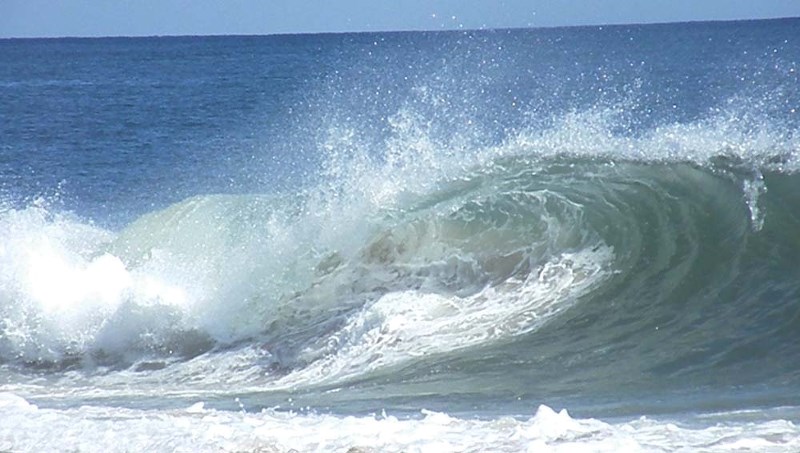St. Albert students will get to dive into the Poole wetland this summer thanks to a free outdoor course offered by Ducks Unlimited.
Ducks Unlimited announced last week that it will offer a free course called Wetland Discovery Days this summer at the John E. Poole Interpretive Wetland in Lois Hole Centennial Provincial Park.
While Ducks officials have done a few one-off student tours at the wetland before, this will be the first time the tours will be available to the general public, said Craig Bishop, education manager for Ducks Unlimited.
“We needed to bring something to the plate that was going to engage urban youth,” Bishop said.
When Alberta Parks added washrooms and a workable parking lot to the Poole wetland, Ducks decided to bring in this program.
“We’re going to be conducting three classes a day over the course of a three week period,” Bishop said.
Classes of up to 35 Grade 5 students will work with an interpreter for an hour to learn about the importance of wetlands and do some pond dipping to look at water bugs.
This year’s program is sponsored by the RBC Foundation and Epcor, Bishop said.
“We’re hoping to make it annual,” he noted, but that will depend on sponsor dollars.
This is great news and a great step in the continued evolution of Lois Hole Park, said Mayor Nolan Crouse.
“If you can educate the Grade 5s or the younger people about what that (wetland) does, it influences (the world) for generations,” he noted.
Wetland Discovery Days runs from May 26 to June 12, Monday through Thursday, with three slots per day available.
Email [email protected] for details.
A new study suggests the churning Pacific Ocean may be behind the apparent pause in global warming – a pause the study author says will likely end in as little as four years.
Matthew England, a professor of ocean physics at the University of New South Wales, published a paper this week in Nature Climate Change. It was one of a series of papers in this week’s issue looking at the apparent pause in the rise of average global temperatures over the last decade.
Global average temperatures have warmed by about 0.8 C since pre-industrial times due to human-caused greenhouse gas emissions, research suggests. Climate models predict up to about six degrees of warming before the end of this century, resulting in mass floods, droughts and extinctions.
But whereas researchers had expected global average temperatures to rise by about 0.2 C in the last decade, they’ve instead seen essentially no growth in warming, England said. Warming has apparently “flat-lined” despite record high greenhouse gas emissions.
England’s team is one of many looking to explain this pause. One of the top theories is that the world is warming, but that the oceans are sucking up the extra heat instead of the atmosphere. To test this, research did a detailed analysis of wind and water patterns in the Pacific Ocean over the last 20 years.
“The Pacific Ocean climate has changed so significantly over the last few decades,” England said.
Specifically, a combination of natural ocean cycles and an unusually hot Indian Ocean has caused trade-winds to accelerate by an unprecedented 30 per cent – about twice as fast as predicted by climate models.
“The trade-winds have accelerated and they’re pumping lots of extra heat into the ocean,” he continued.
The fast winds had accelerated the amount of turnover in the ocean, pushing warm surface water down and bringing cold deep water up, cooling the atmosphere.
When they crunched the numbers, England and his team found that this cooling effect was about 0.2 degrees – enough to explain the apparent pause in warming.
“The heat’s not pumped away for good,” England noted.
Rising greenhouse gas emissions will soon swamp out this cooling effect, and one El Niño event will be enough to stop the fast trade-winds.
Moreover, he continues, that warm water isn’t buried very deeply – once the trade-winds slow, that water will rise to the surface, causing the Earth to catch up on all the warming it missed.
“The hiatus ends with a bang,” he said.
In other words, the pause doesn’t mean the end of global warming.
“This decade has been the hottest on the measurement record,” England noted, and every other indicator of warming – including glacial melt, ocean level rise and temperature extremes – continues to rise.
“I’d be highly surprised if the hiatus was to last even more than about four or so (more) years,” England said.
This research should help climate scientists improve their temperature models, England said.




